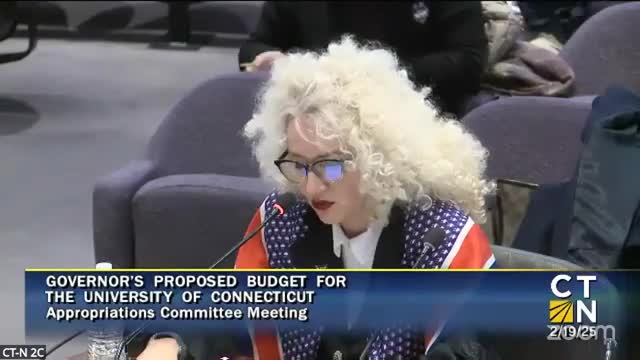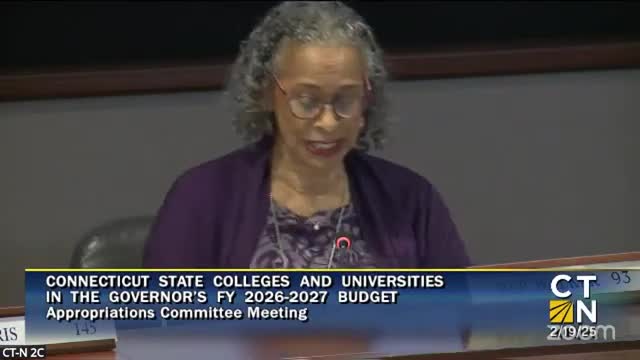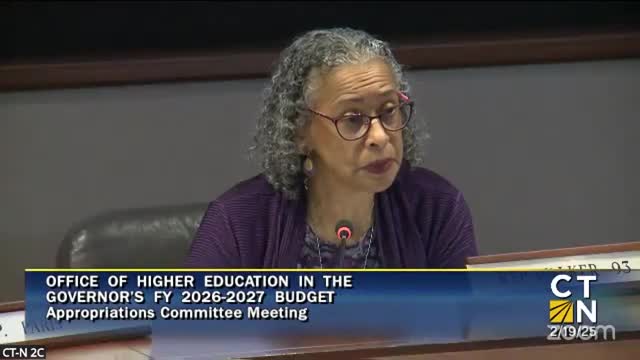Article not found
This article is no longer available. But don't worry—we've gathered other articles that discuss the same topic.

UConn leaders warn of research-dollar threat, ARPA cliff and call for stable funding to sustain enrollment gains

CT State system outlines budget squeeze, community-college leadership consolidation and need for bonding for campus repairs

